Sudan war: At least 9 dead in new Kordofan shelling carnage
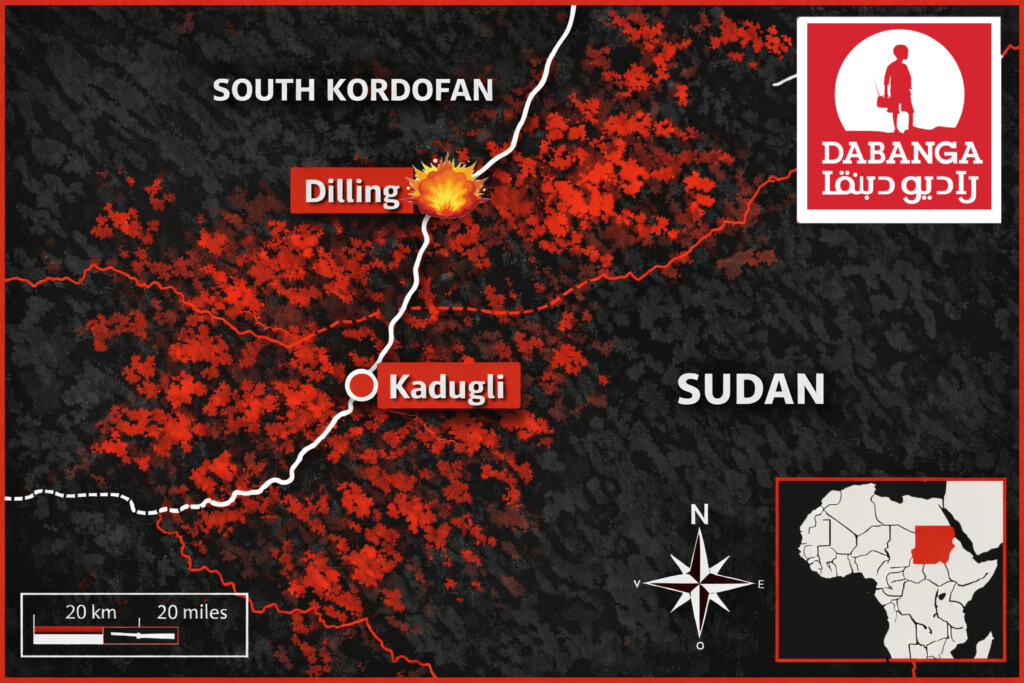
Map: RD
At least nine people were killed, and 51 reported injured today, after artillery shelling hit the town of Dilling in South Kordofan. In a statement, Sudan Doctors Network confirm the casualties, saying in a statement seen by Radio Dabanga that the bombardment was carried out by Rapid Support Forces (RSF) and the Popular Movement led by El Hilu. Separately, the RSF claim to have taken control of El Bardab area, between Kadugli in North Kordofan, and El Obeid in North Kordofan.
In a statement seen by Radio Dabanga, the Sudan Doctors Network say that the shelling targeted the neighbourhood of El Mak in the north, the road area, the school district and the large market.
The injured were transferred to health facilities to receive treatment. The network says that the shelling is still ongoing on a number of residential neighborhoods, which threatens to increase the number of casualties among civilians.
The network strongly condemned the targeting of civilian objects, markets and places of gathering of civilians in the city of Dilling, which it considered a flagrant violation of international humanitarian law, which prohibits the targeting of civilians and populated areas. It stressed that the deliberate bombing of residential neighborhoods and markets constitutes a war crime that increases the suffering of citizens and exacerbates the humanitarian situation in the city.
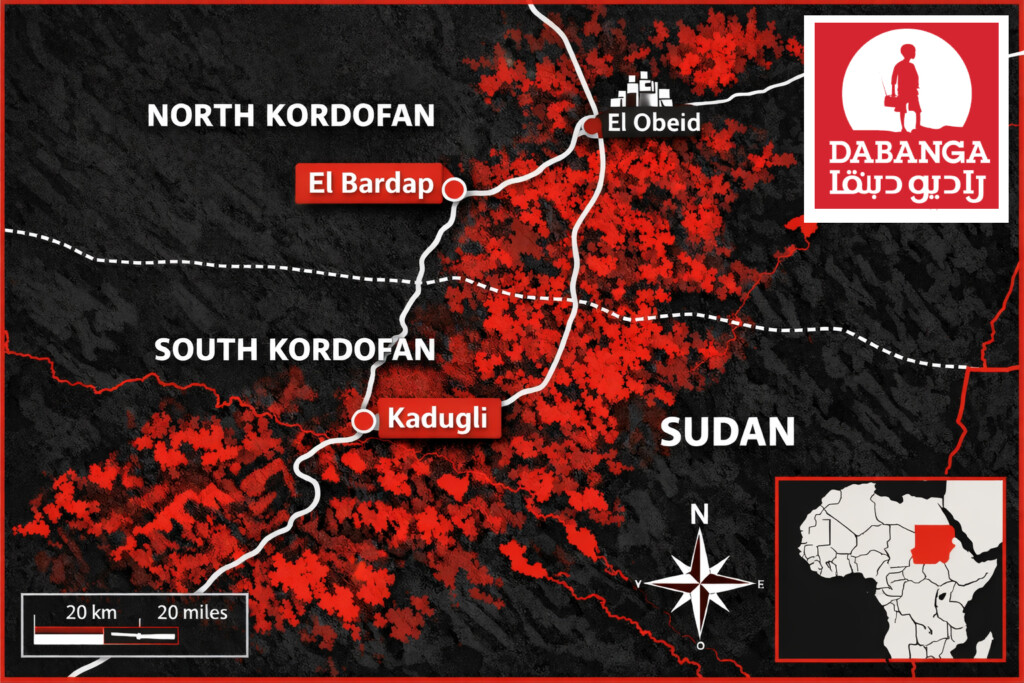
RSF claims control of El Bardab
RSF combatants claim to have taken control of El Bardab north of Kadugli in South Kordofan.
Soldiers released a video in front of the police station in which they confirmed their control of the area.







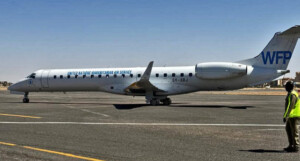
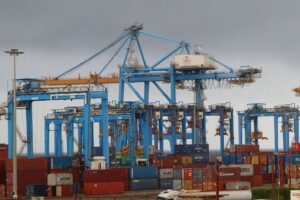
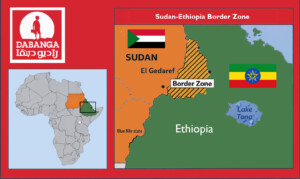

 and then
and then